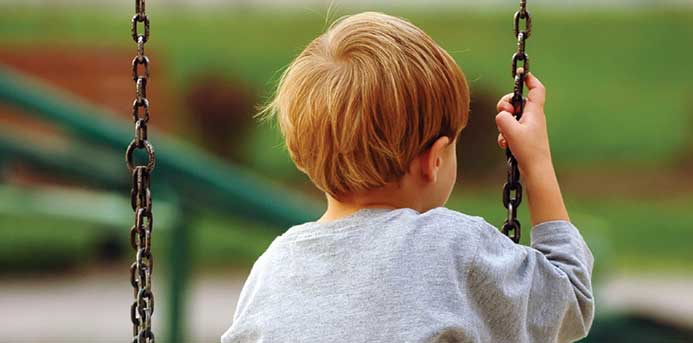When a child has a bad school year, parents often feel helpless—full of love and concern, but unable to act effectively.
That’s largely because a child who has problems at school could be struggling with a variety of issues. Declining grades are a red flag, but the parent has to know what part of the child’s mind or psyche is waving it in order to correct the problem.
Here’s a checklist of possibilities a parent should consider.
Is there a medical problem?
Has the child’s hearing changed due to recurrent ear infections? Are there changes in vision? An undiagnosed illness—even one as simple as chronic strep throat—can cause fatigue, irritability and poor performance.
Are there learning issues?
These cover a spectrum of social, emotional, academic and physical difficulties. For example, one kindergartener might be an excellent reader, but have a hard time zipping his coat because of a problem with small motor skills. Another child might be a superb athlete but have a hard time focusing her attention. Frustration can make children act out.
The child’s emotional well-being
Every child is entitled to the occasional meltdown, but when they are a frequent occurrence, everyone suffers needlessly. Anxiety and depression can occur in childhood. Sometimes there is a genetic basis, sometimes there is an external cause, but in either case, the problem has therapeutic solutions.
The child’s social environment
After these issues have been eliminated, a parent should examine if the child is being bullied or excluded. In early adolescence, peer groups are paramount. A child who has no friends may feel too hopeless to care about school.
Sometimes the problem lies closer to home. Even when parents try to shield a child from their own worries about illness, finances or a lost job, there may be stresses that adversely affect a child’s school performance.
Finally, there’s the teacher
Before settling on “bad teacher” as the reason for a child’s disappointing year, ask yourself if the child’s difficulty is entirely new or a further manifestation of an ongoing problem. A wonderful teacher helps a child compensate for a weakness. A not-so-wonderful one can bring a problem to light for you and your child to work on. But that’s no reason to repeat a miserable experience. After a poor fit between teacher and student, you should make a conscious assessment of the kind of person that brings out the best in your child and work with the school on next year’s class assignment.
It can take time sorting out these possibilities, but knowing the cause of a child’s difficulty is the first step toward a solution.

